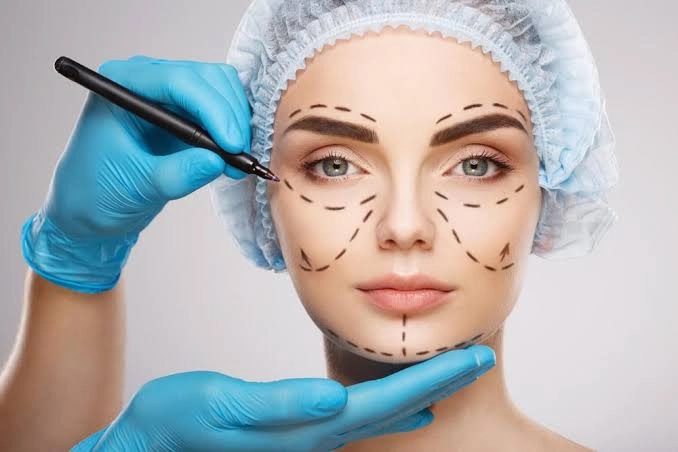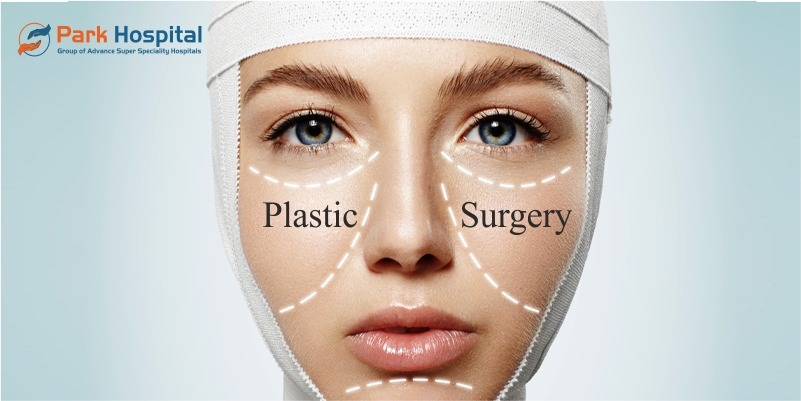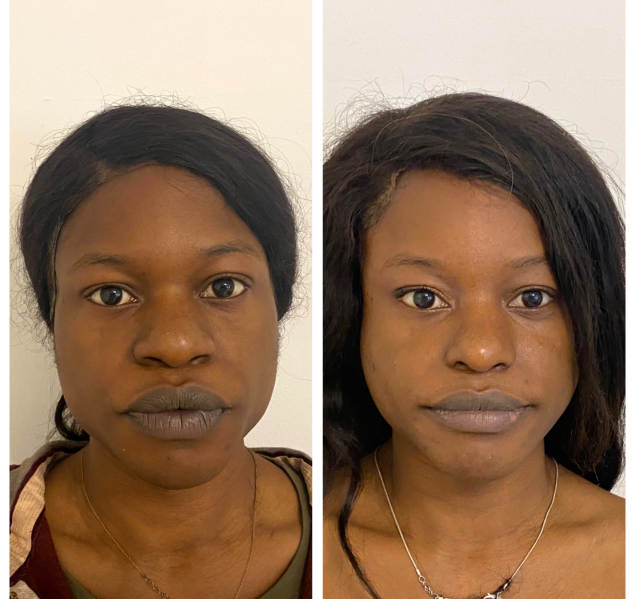Plastic Surgery Inland Empire: Attain Your Dream Look with Specialist Care
Plastic Surgery Inland Empire: Attain Your Dream Look with Specialist Care
Blog Article
Investigating the Psychological and Social Variables That Drive Individuals to Consider Plastic Surgery as a Method of Improvement
The decision to go after plastic surgery frequently expands beyond simple aesthetic appeals, linking with social and mental characteristics that merit complete examination. Elements such as self-worth, pervasive societal charm requirements, and the prevalent impact of social networks converge to form specific motivations for surgical enhancement. As these influences end up being significantly noticeable, understanding the underlying cultural and psychological contexts is essential. What continues to be to be checked out is the extensive effect these variables have not just on individual identification yet additionally on more comprehensive societal norms and values surrounding elegance and acceptance.
The Function of Self-confidence
Self-worth significantly affects an individual's choice to go after cosmetic surgical treatment. People with low self-confidence frequently perceive themselves in a negative light, leading to sensations of inadequacy concerning their physical look.

Ultimately, the role of self-esteem in the decision-making procedure concerning plastic surgery highlights the complicated interaction in between body image, individual contentment, and psychological health. Comprehending this partnership is essential for health care experts to make sure that individuals are making notified decisions rooted in reasonable expectations and psychological health.
Societal Elegance Criteria
Influenced by pervasive media portrayals and social stories, societal beauty standards play an essential duty in forming individuals' perceptions of their own bodies. These requirements are often defined by an idealized type of beauty that stresses qualities such as youthfulness, symmetry, and slimness. As these suitables are continued through numerous channels, consisting of movie, advertising, and tv, individuals frequently internalize these messages, leading to frustration with their natural appearance.
The effects of these social norms extend beyond aesthetic choices; they can impact self-worth, mental health, and interpersonal connections. Individuals who view themselves as dropping brief of these standards might experience feelings of inadequacy, triggering a wish for cosmetic surgical treatment as a method of attaining social approval. This search is typically fueled by the belief that adhering to these perfects will certainly enhance not only physical appearance yet likewise social standing and personal satisfaction.

Influence of Social Media
The impact of social elegance criteria is further magnified by the increase of social media sites platforms, where curated photos and idealized depictions of beauty are ubiquitous. Customers are regularly revealed to filtered and modified photographs, which typically read here illustrate unattainable physical qualities. This direct exposure cultivates a culture of contrast, leading individuals to examine their own appearance versus these usually impractical criteria.
Social media site influencers and stars often promote cosmetic procedures, stabilizing the idea that medical improvements are a viable methods for accomplishing societal perfects (plastic surgery rancho cucamonga). The presence of these enhancements can create an assumption that undergoing cosmetic surgery is a standard technique, thereby influencing individuals to think about comparable interventions as a pathway to enhanced self-worth and social acceptance
Moreover, the interactive nature of social media allows for immediate comments through sort and remarks, better reinforcing the wish to adhere to preferred charm standards. Such communications can intensify sensations of insufficiency and drive people towards plastic surgery as a way of acquiring validation. Eventually, social networks plays a critical role in shaping understandings of beauty, which dramatically influences the decision-making procedures surrounding plastic surgery.

Social Point Of Views on Look
Throughout numerous cultures, perceptions of look are deeply rooted in historical, social, and economic contexts, shaping people' views on beauty and value. In numerous cultures, look works as a considerable pen of identification, influencing social standing, professional chances, and individual relationships. As an example, in some cultures, light skin is frequently connected with riches and opportunity, while others may idealize darker skin tones as icons of stamina and credibility.
Additionally, traditional appeal standards are often bolstered with cultural narratives, media depictions, and family members affects, leading to varying perfects throughout different regions (plastic surgery rancho cucamonga). In Western cultures, the focus on young people and physical navigate to this site conditioning usually drives people toward cosmetic improvement, while in particular Eastern societies, even more subtle changes aligned with traditional aesthetic appeals may be preferred
Globalization and the expansion of digital media have actually further made complex these dynamics, creating a hybridization of beauty perfects that goes beyond geographical limits. As people progressively navigate these cultural narratives, the pressure to adapt certain appearance standards can cause the need for cosmetic surgery, showing a complicated interaction of social worths and individual goals. Understanding these cultural point of views is vital in resolving the inspirations behind cosmetic surgery factors to consider.
Mental Impacts of Plastic Surgery
Many individuals seeking plastic surgery record experiencing profound mental influences that can dramatically image source modify their self-perception and psychological well-being - plastic surgery rancho cucamonga. The desire for physical enhancement commonly originates from underlying issues such as low self-esteem, body dysmorphic disorder, or social pressures relating to appeal standards. For some, the prompt post-operative phase can cause a short-term boost in self-esteem and fulfillment with their look, cultivating a sense of empowerment
Nevertheless, these positive feelings may not be enduring. Study indicates that while some patients experience boosted self-confidence, others may deal with heightened anxiousness or anxiety if their assumptions are not satisfied. This disparity can develop from unrealistic ideals bolstered by media representation and cultural stories surrounding appeal.
Moreover, the psychological implications of plastic surgery prolong beyond the person. Relationships with friends and family may be stressed as social dynamics shift, bring about feelings of isolation or alienation. Eventually, the emotional effects of cosmetic surgery are complex and diverse, calling for careful consideration by both prospective clients and medical care carriers to make certain educated decision-making and reasonable expectations.
Final Thought
Finally, the choice to go after cosmetic surgical treatment is dramatically affected by a combination of self-worth concerns, social elegance requirements, and social perspectives on appearance. The prevalent reach of social media sites better worsens these pressures, advertising unrealistic suitables that individuals frequently strive to achieve. Recognizing these social and emotional elements is important for resolving the motivations behind plastic surgery, highlighting the need for a more nuanced conversation bordering elegance and self-acceptance in contemporary society.
The decision to pursue cosmetic surgery usually expands beyond simple looks, linking with psychological and social characteristics that warrant comprehensive exam. Ultimately, social media plays a pivotal role in shaping understandings of charm, which considerably impacts the decision-making processes surrounding cosmetic surgical treatment.
As individuals increasingly browse these social narratives, the pressure to adapt to particular look criteria can lead to the desire for cosmetic surgery, reflecting a complex interaction of cultural values and personal aspirations.In conclusion, the choice to pursue cosmetic surgical procedure is dramatically affected by a mix of self-worth issues, societal appeal requirements, and social perspectives on appearance. Comprehending these social and psychological factors is important for dealing with the inspirations behind cosmetic surgical procedure, highlighting the need for a more nuanced conversation bordering appeal and self-acceptance in modern culture.
Report this page